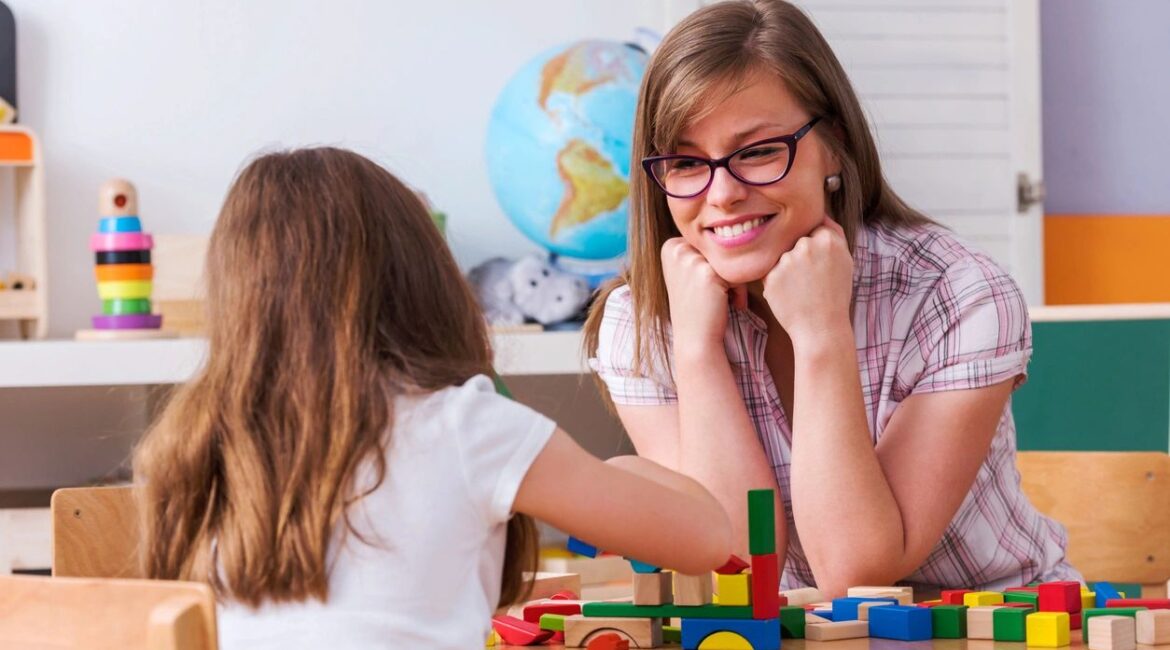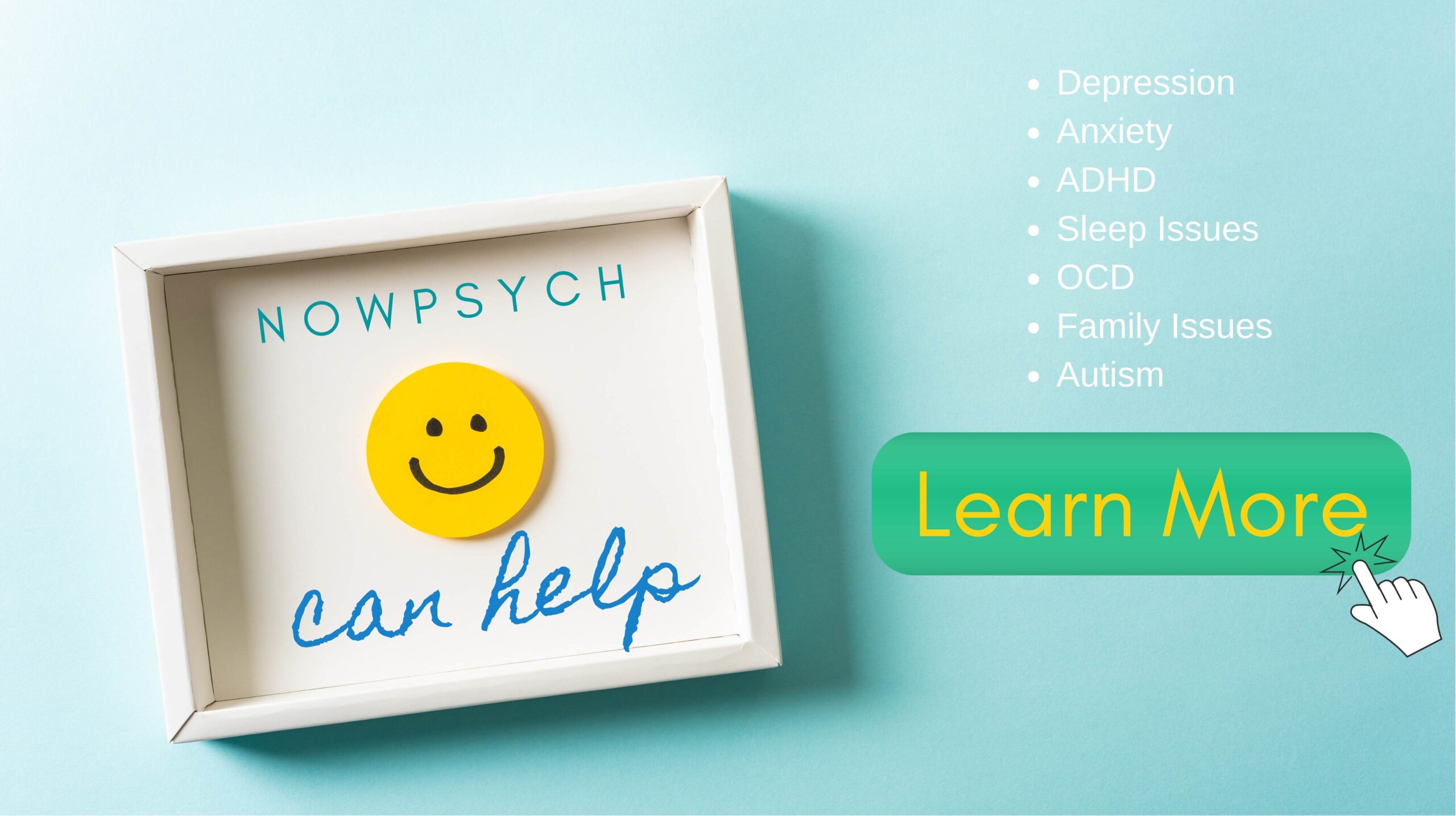How to Tell if Your Child has Social Anxiety
Social anxiety is something that child psychiatrists see and evaluate for often. Social anxiety goes beyond the typical shyness seen in many children. Being around other children and adults brings extreme nervousness and negative feelings to a child who has anxiety in social situations. Social anxiety is found in many children who are also fearful of new and unfamiliar situations, not just those involving social circumstances. According to one study, 2-3% of children between the ages of 8 and 13, and 30% of children with autism, have significant social anxiety.
Social anxiety is classified by the DSM-V as a “marked fear or anxiety about…social situations in which the individual is exposed to possible scrutiny by others.” In essence, children with social anxiety have an extreme fear of embarrassing themselves in front of someone. Typical symptoms that a child or adolescent might experience when faced with a social or unfamiliar situation mimic a fight or flight response. Children may freeze up and be unable to speak, they may shrink away from people, or cry. Physiologically, these children experience an increased heart rate, causing their body to overheat and their face to blush.
How You Can Recognize Social Anxiety in a Child
Social anxiety is often difficult to recognize in children younger than 11 or 12. Prior to this age, children may have difficulties expressing or recognizing the underlying cause of their fear. Children may throw tantrums or hide from strangers, however as many children grow out of these behaviors, they are not necessarily indicative of social anxiety. Beginning in early adolescence, children are better able to describe their feelings and recognize causes of anxiety. Importantly, a child with social anxiety not only fears interacting with adults, but with other children as well.
Adults with social anxiety will often choose to avoid places or situations where they might fear embarrassing themselves in front of other people. Children, on the other hand, do not have the luxury of avoiding situations that fill them with fear. Parents who believe their child has social anxiety should keep track of which situations or places their child is fearful of. A child’s anxiety about going to school might be because of a bully or an unkind teacher, not interacting with peers. However, a child might have social anxiety if they are afraid of going to the grocery store, meeting relatives, and going to unfamiliar places.
What to do if you Suspect your Child has Social Anxiety
Parents who suspect their child may have social anxiety can begin to observe patterns in their children when they are younger or speak to their adolescent or teen child. If the child experiences increased heart rate when in a social situation or when imagining a social situation, parents can teach their child deep breathing techniques. They can sit with them and talk through their fears and symptoms they are experiencing. Often the child expects a worst-case scenario, so the parent can help put the situation into perspective. Parents and professionals can work together to reduce the child’s fear and guide children to establish healthy friendships with their peers.
Dr. Sean Paul, MD is board certified child and adolescent psychiatrist who specializes in treating anxiety of all types.






